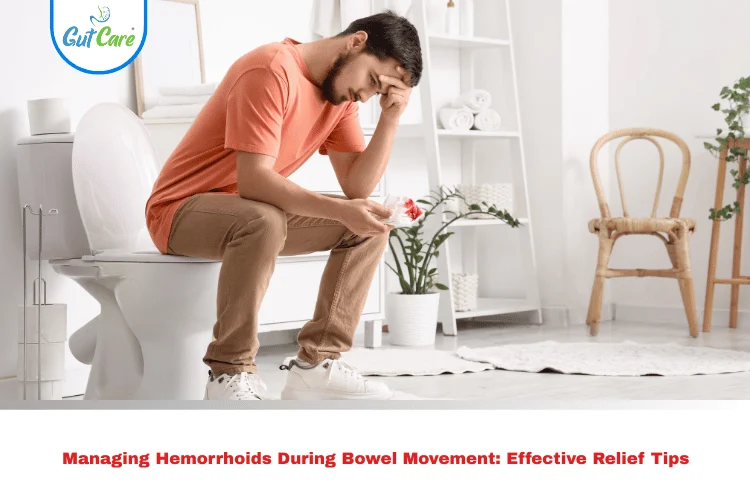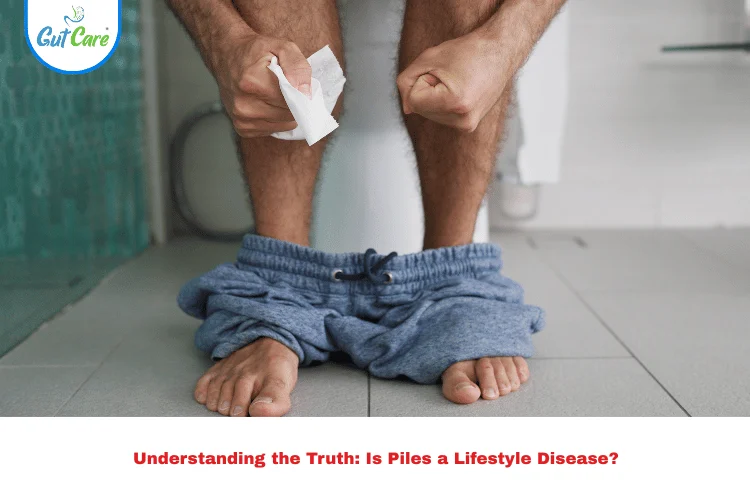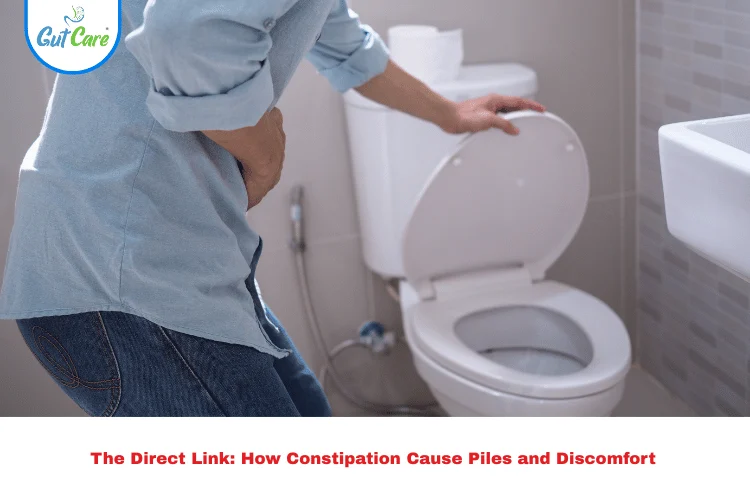Experiencing discomfort or swelling around the anus might leave you wondering – can piles go away on their own? The first stage of piles can sometimes be mild, but it’s important to understand when to take action for your health. In this guide, we will discuss what happens during the first stage of piles, whether they can resolve without medical intervention, and how to manage them effectively.
What is the First Stage of Piles?
The first stage of piles, or internal hemorrhoids, consists of tiny, internal lumps which do not appear. During this stage, you can have mild signs like itching, slight pain, or occasional discomfort, particularly during or following bowel movements. You may be aware of a small amount of blood in your stool, but you tend to overlook it except when you look for it specifically. Although these symptoms may be annoying, the condition is usually not serious at this stage.
Can Piles Go Away on Their Own?
Although it is possible that the first stage of piles may resolve with minimal treatment, they usually don’t go away completely without treatment. Most minor hemorrhoids decrease with simple adjustments to lifestyle, such as dietary fiber intake, fluid intake, and over-the-counter creams. Nevertheless, ignoring the condition might cause the symptoms to worsen, so pay attention to your symptoms and take action if they do not improve.
If the symptoms of stage one piles fail to improve after a few days, it’s advisable to seek the services of a doctor. Hemorrhoids, if not treated, worsen and result in more painful discomfort, bleeding, and complications.
Effective Treatment for the First Stage of Piles
While the first stage of piles may resolve with minimal intervention, it’s important to incorporate some key self-care practices to speed up the recovery process and prevent further issues. Here are a few effective treatments:
- Boost Fiber Intake: A high-fiber diet can make stools softer and easier to pass during bowel movements. Fruits, vegetables, and whole grains are great options.
- Stay Well-Hydrated: Adequate water intake prevents constipation, which is a key risk factor for hemorrhoids.
- Use Over-the-Counter Products: Anti-inflammatory suppositories or creams can help ease pain and minimize swelling.
- Warm Baths: Soothe the area and minimize swelling by taking a 10- to 15-minute warm sitz bath several times each day.
- Good Hygiene Practices: Good anal hygiene can prevent irritation. If you have hemorrhoids, use gentle wipes or water instead of toilet paper.
When Should You See a Doctor for the First Stage of Piles?
While mild hemorrhoids can often be managed at home, there are times when medical attention is necessary. If you notice any of the following signs, it’s time to consult a healthcare professional:
- Persistent or worsening symptoms despite self-care.
- Severe pain or bleeding that doesn’t stop after bowel movements.
- Protruding hemorrhoids that don’t retract after defecation.
- Unexplained weight loss or other alarming symptoms that accompany the piles.
A doctor can recommend a treatment plan that might include rubber band ligation, sclerotherapy, or even surgical options if the hemorrhoids don’t respond to non-invasive treatments.
Conclusion
Whereas the initial pile stage may dissipate by itself with proper maintenance, it is important to know that active therapy can avoid the condition from advancing. Early action is necessary should you observe some symptoms of hemorrhoids in order to avert more complicated scenarios. Healthy nutrition, proper fluid intake, and good hygiene will do a long way in the management of the condition.
“Don’t wait for your symptoms to get worse. Contact us today for a consultation and learn more about how to manage the first stage of piles effectively.”
Call +91 8431550550 and Visit us today!
FAQs
1. What is the first stage of piles?
The first stage of piles involves mild symptoms such as itching, discomfort, and occasional bleeding. Internal hemorrhoids at this stage are not usually visible.
2. Can piles go away by themselves?
Yes, mild piles can sometimes resolve on their own with lifestyle changes, but more severe cases often require medical attention.
3. What are the early signs of piles?
Early signs include mild discomfort, itching, and occasional bleeding during bowel movements.
4. Are there home remedies for the first stage of piles?
Yes, home remedies like warm baths, increased fiber intake, and over-the-counter creams can help alleviate the symptoms.5. When should I see a doctor for piles?
If symptoms persist for more than a week or worsen, you should consult a doctor for further evaluation.
6. How long does the first stage of piles last?
The duration can vary, but with proper care, mild symptoms of the first stage typically improve within a few days to a week.




